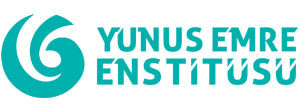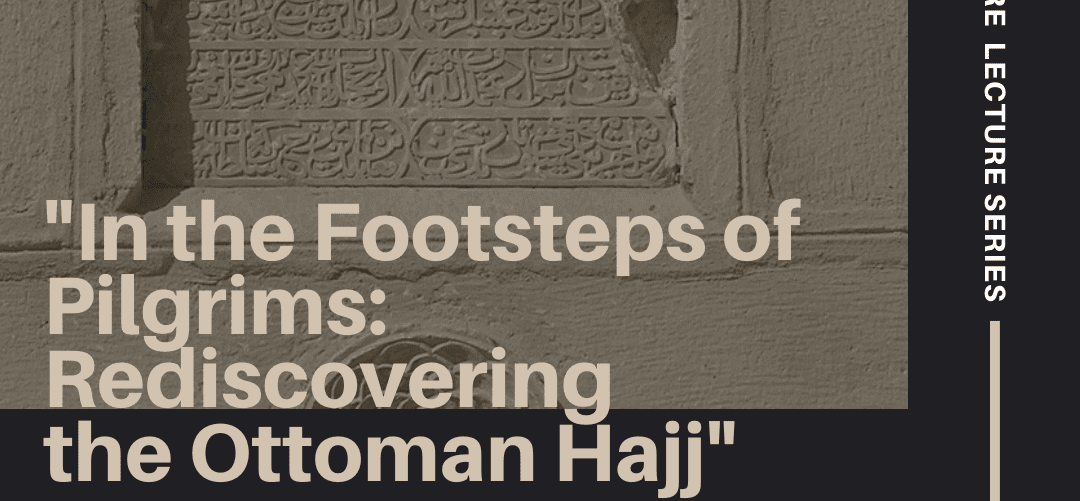Yunus Emre Institute in London is delighted to host a new and interesting talk as part of the Arts & Culture series with Andrew Peterson and Yahya Nurgat on “In the Footsteps of Pilgrims: rediscovering the Ottoman Hajj” on Tuesday 7th of July 2020 at 19:00.
This presentation will discuss the development of the Syrian Hajj (Muslim pilgrimage) route under the Ottomans from the sixteenth century up to the modern era. The talk will focus on the material remains of the Hajj route which will be discussed in relation to historical accounts of the pilgrimage and official documentation. The talk will emphasise the importance of the route and its wider significance to the Ottoman Sultans. The talk will be illustrated with photographs and drawings from archaeological survey work in Jordan, Syria and Saudi Arabia.
Guest Speaker: Andrew Petersen
Moderator: Yahya Nurgat
Date: Tuesday 7th of July 2020
Time:19:00 pm (BST)
Online Webinar via ZOOM.
This event is FREE but registration is ESSENTIAL
***For online booking please CLICK HERE.
Andrew Petersen is an archaeologist specializing in the material remains of the Ottoman period. He has carried out excavations and surveys in a number of countries within the former Ottoman Empire including Iraq, Jordan, Lebanon, Palestine, Bulgaria and Qatar. He is currently Professor and Director of Research in Islamic Archaeology at the University of Wales Trinity Saint David. His main areas of interest are the archaeology of Islamic cities, Muslim pilgrimage (Hajj), Muslim shrines, Ottoman fortification and maritime archaeology. His interest in Ottoman culture started with a Turkish Government Scholarship enabling him to learn Turkish in Istanbul. He has many publications relating to Ottoman archaeology both in the Middle East and Europe and is currently writing a book on Ottoman Archaeology to be published by Routledge.
Yahya Nurgat is a PhD Candidate in history at Clare College, University of Cambridge. His main interest lies in the religious landscape of the early modern Ottoman empire, as well as Islamic devotion in general. At present, he is examining the Hajj as a window to understand issues around Ottoman religious practice, including material and visual culture. His thesis is titled ‘Sacred Space, Ritual, and Religious Experience in the Ottoman Hajj, 1660-1760.’
***Sadly not everyone who registers shows up on the day of the event. Therefore, all tickets for our talks are over-issued by a percentage to compensate for ‘no-shows’. Due to this, entrance is subject to webinar capacity and is served on a first-come, first-served basis. This registration/e-Ticket does not guarantee entrance. Thank you for your understanding.


